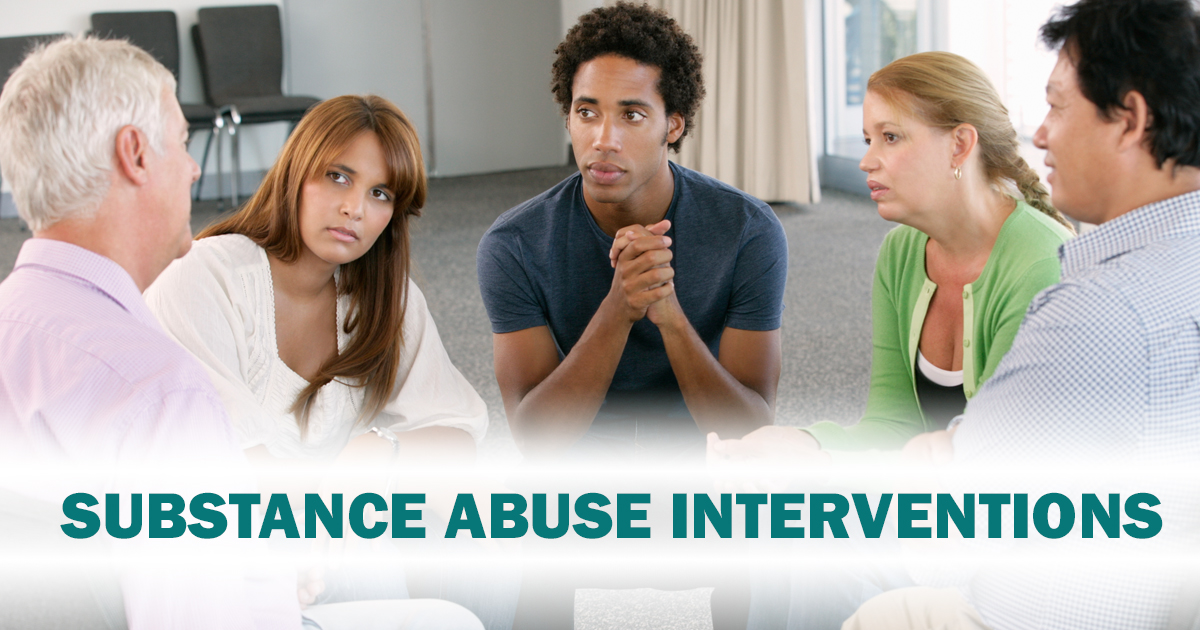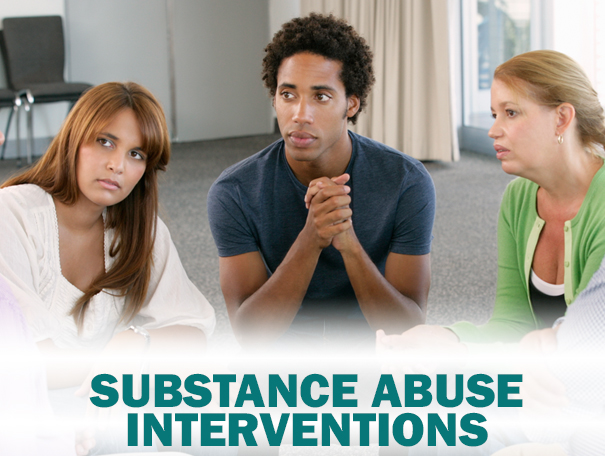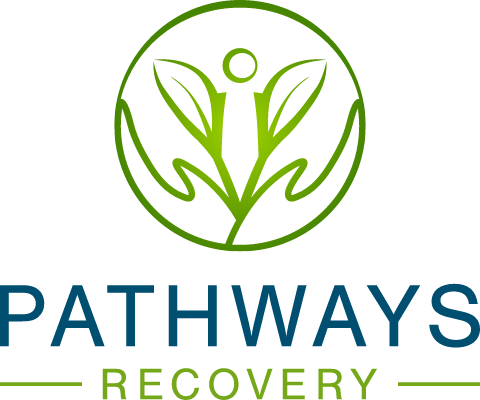
What Is A Formal Intervention?
Most interventions involve education, preparation, and some form of meeting. Since many substance abusers experience extreme denial regarding the substance abuse, interventions are designed to help addicts understand how behaviors impact themselves and others.
An intervention should never feel like an accusation, punishment, or forced communication. Instead, it should serve as a supportive and eye-opening experience for the person suffering from addiction and those wanting to contribute to the recovery process.
When Is An Intervention Needed?
Not all substance abusers require an intervention. Some recognize the problem with little or no input from loved ones or communities. Others, however, can’t see how addictive behaviors can negatively affect others. The addict may not realize or may deny a substance abuse problem. Anyone who needs motivation to seek rehabilitation, therapy, or outside support can benefit from an intervention.
Types Of Interventions
Intervention methods aren’t one-size-fits-all. Depending on the level of denial and an individual’s relationship with a support network, some types of intervention prove more effective than others. Some of the most common types of interventions include:
- CRAFT (Community Reinforcement Approach and Family Training Model). Instead of sitting down with someone who suffers from addiction, this approach values a more indirect approach. In this method, loved ones use encouraging strategies to help the addict arrive at the conclusion of recovery. CRAFT works because it focuses on indirect motivation instead of a direct confrontation.
- Johnson Intervention Model. The stereotypical intervention model, this approach relies on the success of a surprise meeting and confrontation. During this type of intervention, loved ones may share the effects of addiction and pledge their support to the recovery process. This approach can put a substance abuser on the defensive and can move the person farther away from successful treatment.
- Invitational Model. Like the Johnson Intervention Model, this approach requires an in-person meeting. Instead of a surprise, however, the substance abuser is provided details of what will take place and must make a personal choice to attend the intervention.
Recovery specialists also use other intervention models that blend the approaches of these three basic models. These intervention approaches all serve the ultimate goal of bringing awareness of the problem into the substance abuser’s life.
How To Stage An Intervention For A Loved One
Investing in an intervention typically indicates a substance abuser crossed an invisible line. The addiction is causing noticeable harm to the addict and to the surrounding community. Realizing the possibility of a DUI accident, seeing a loved one’s personality slip away, or recognizing poor performance in daily activities all serve as impetuses for staging an intervention. Consider these tips for creating a successful encounter:
- Formalize the plan. Do consider asking for help from a qualified recovery specialist. Someone who understands addiction can guide friends and family in the right direction and reduce the risk of negative consequences.
- Research. Try to discover how much alcohol or drugs affect a loved one’s life. Understand the recovery process for certain substances, and explore possible treatment programs available to the individual. Many substance abusers must check into an inpatient facility to detox and begin the road to recovery.
- Commit to consequences. Consequences can serve as a powerful motivator. If the individual doesn’t agree to the terms of the intervention, consequences—such as avoiding enabling activities—can serve as more of an eye-opening experience.
- Stay in touch. Someone needs to follow up after an intervention to ensure the loved one stays in treatment, feels supported, or has access to recovery at any point.
Addiction is a powerful enemy. People who suffer from substance abuse need support, guidance, and tough love to recover fully and permanently. Consider partnering with a team of professionals and loved ones who can commit to helping someone overcome substance abuse.


